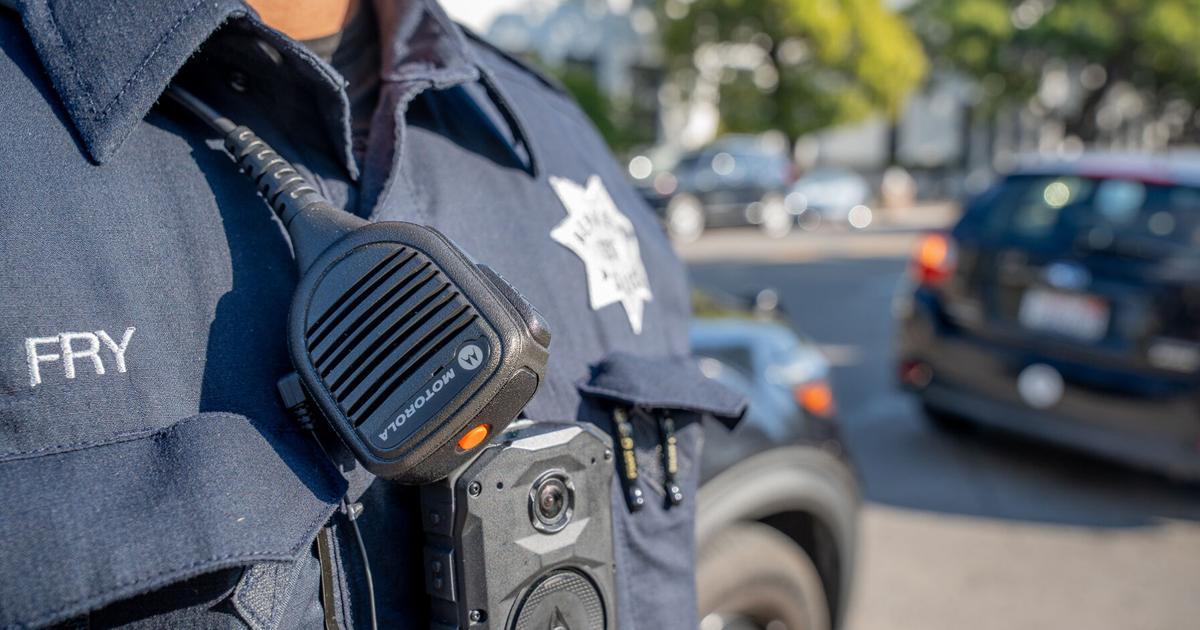The Berkeley Police Department is seeking to encrypt all its radio communications, per a formal request from the department to the Berkeley City Council that will be discussed at its upcoming meeting Oct. 28.
At present, only BPD radio communications for Special Response Team operations — which tend to be high-risk — and those relaying “criminal justice information,” such as criminal histories, as well as personally identifiable information are encrypted as required by a 2020 directive from the California Department of Justice.
A city council resolution passed in 2021 stated that all other communications “shall be unencrypted and thereby transmittable to the news media and public through scanners or other relevant technology.”
“In recent months and over the last several years, BPD officers and detectives have documented multiple incidents where suspects actively monitored unencrypted radio traffic while committing crimes, most often in coordinated overnight commercial burglaries involving multiple suspects,” said BPD Police Chief Jennifer Louis in a statement to the council. She added, “Intelligence shared through regional partnerships confirms that this is widespread, organized, and in some cases involves armed offenders.”
Furthermore, she said the lack of encryption has “substantial” implications for officer safety, claiming that advance knowledge of officer locations allows suspects to “prepare aggressive responses” and “set up ambushes.”
Noting that all other law enforcement agencies in Alameda and Contra Costa counties are currently moving toward total encryption, Louis added that BPD’s lack of encryption would expose the city to “heightened liability,” as Berkeley would be “choosing not to meet statewide privacy and security expectations.”
Hansel Aguilar, Berkeley’s director of the Police Accountability Board, or PAB, since 2022, noted in an email that PAB is currently “not taking an official stance” on BPD’s request for full police radio encryption. At the same time, he recognized that “non-encrypted radios can be a helpful tool for oversight agencies,” including PAB, as “being able to access information (in real-time) like police radio transmissions supports (PAB’s) mission of staying situationally informed (of police activity) to better improve police-public relations for the City of Berkeley.”
In a September PAB meeting, Aguilar presented a memo outlining both the advantages and disadvantages of total encryption, namely that it can “potentially limit transparency in misconduct cases and community awareness of local incidents,” as well as “reduce real-time public oversight and media access.”
“Encryption is not an all-or-nothing issue,” Aguilar said in the memo. “Agencies implementing full encryption should consider alternative transparency measures—such as delayed online feeds, selective talkgroups, and regular public reporting—to mitigate community trust concerns while satisfying DOJ confidentiality requirements.”

